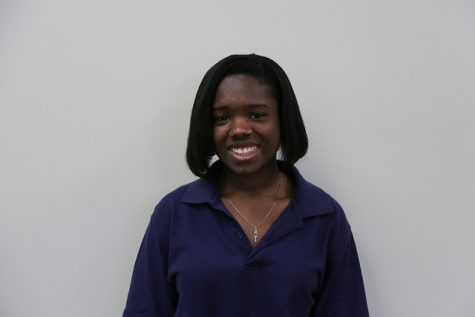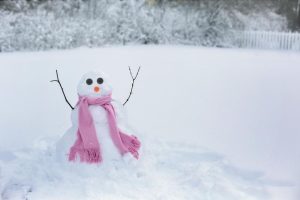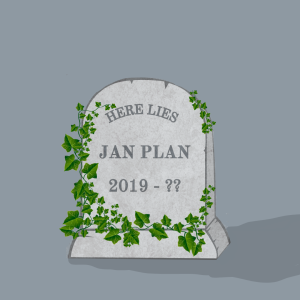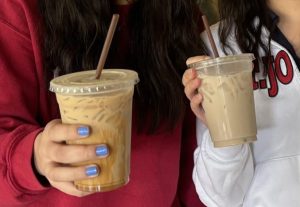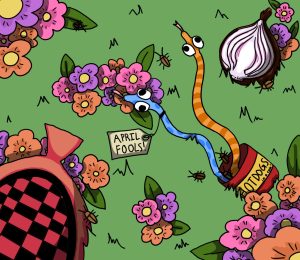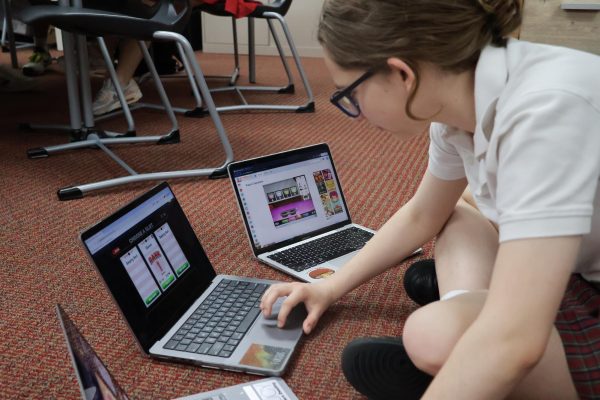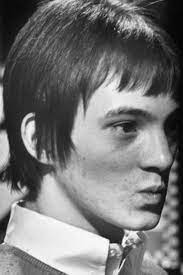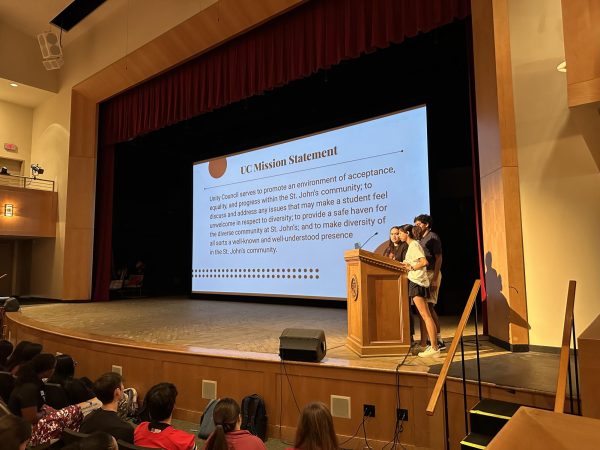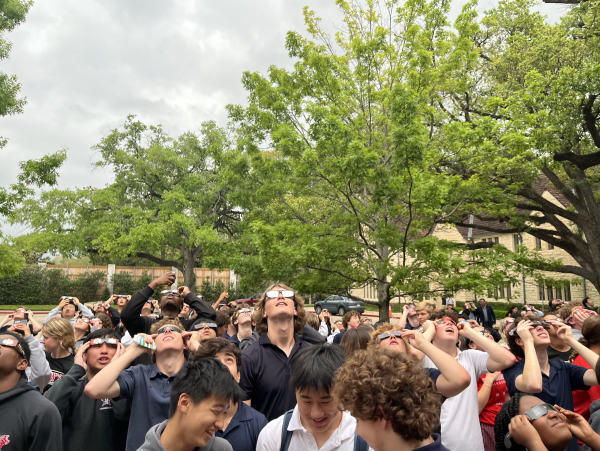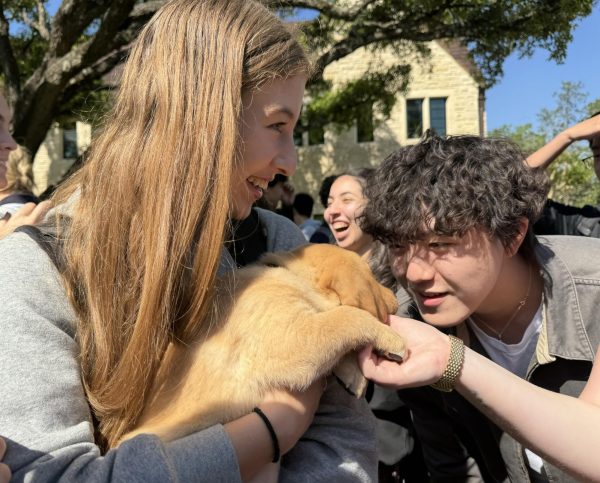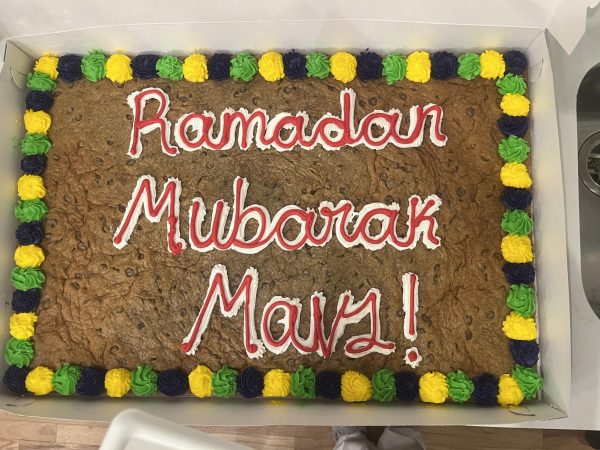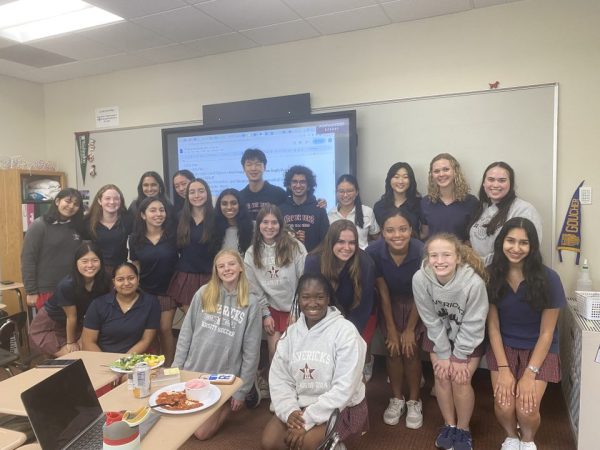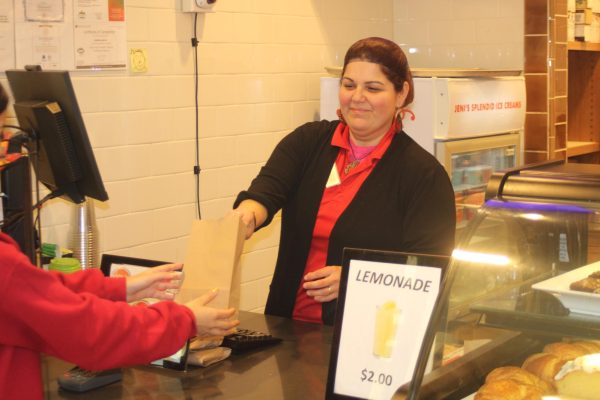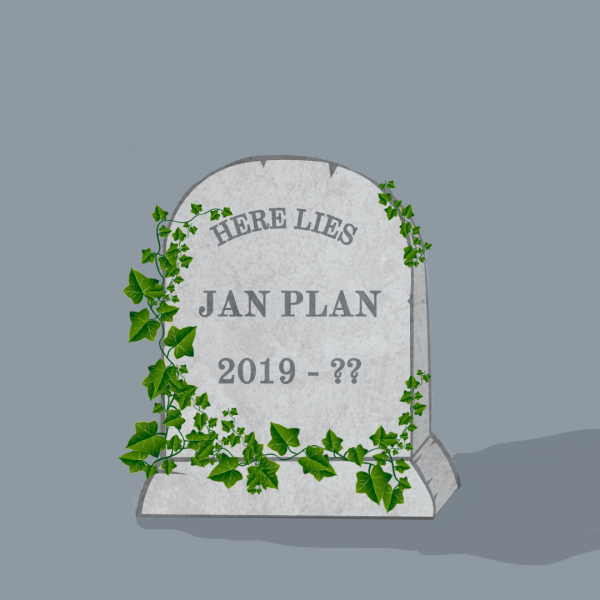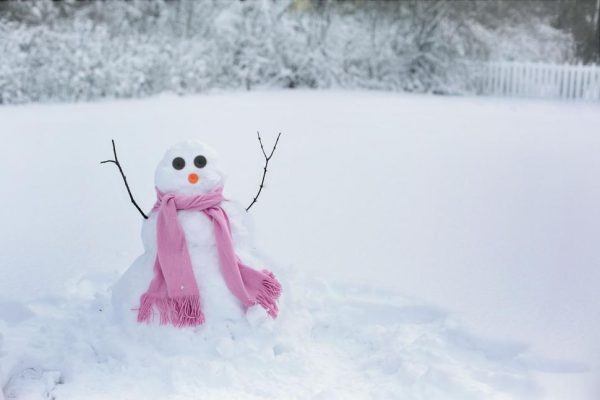AP environmental science grows awareness at Fifth Ward farms
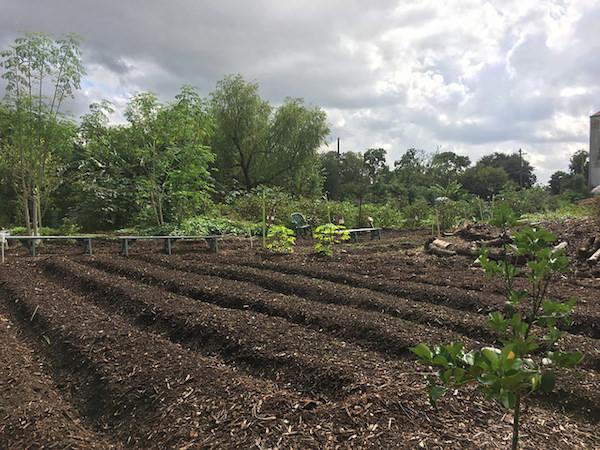
APES students visited produce farms like this one in the Houston neighborhood of Fifth Ward.
October 19, 2016
AP Environmental Science students delved deep into the realm of community-based gardens, exercising their green thumbs in the process. Traveling from Richmond to the Fifth Ward, the young environmental scientists explored Houston’s compost plots and vegetable fields.
“We learn a lot about environmental and social issues, so it’s more of a social science,” senior Sally Chambers said.
The students set off on Oct. 11 for the neighborhood of Fifth Ward, northeast of downtown, at 8:30 a.m. They visited an urban farm with massive mounds of compost and produce.

Graffiti pays tribute to the “Last Organic Outpost.”
“One of my favorite aspects of the trip was that the garden provided produce to the people of the community and that anyone could contribute,” senior Elyssa Tulek said about the Last Organic Outpost, an “urban pioneer collective” in the Fifth Ward.
While visiting the gardens, the seniors saw how the processes they learn about in the classroom play out in real life. The gardens also raised their social awareness.
“The garden in the Second Ward was for-profit but mainly sold to the community because it is a low-income, food desert area,” Tulek said.
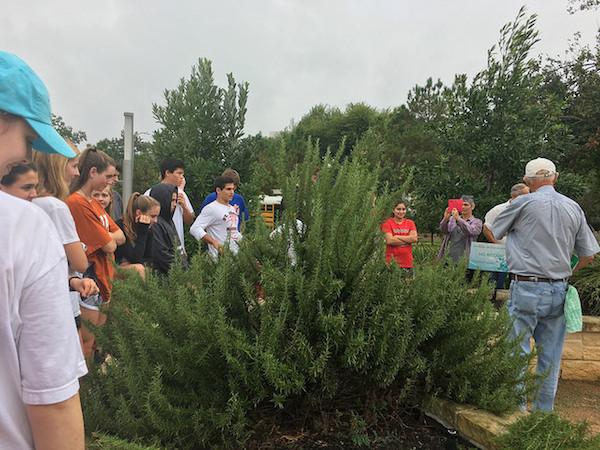
APES students learn about the social and economic practices of the farm they visit.
This farm in particular earns profit while sustaining a socially conscious and environmentally friendly practice. They achieved a “triple bottom line.”
“We asked them how they carried out the triple bottom line, which is how companies maintain an economic, environmental, and social balance,” Chambers said. “This trip correlated with what we are learning.”
The students performed hands-on projects, forming compost bins and growing plants they can decompose and convert to biofuel. The class challenges students to become aware of the current environment outside the realms of St. John’s.

